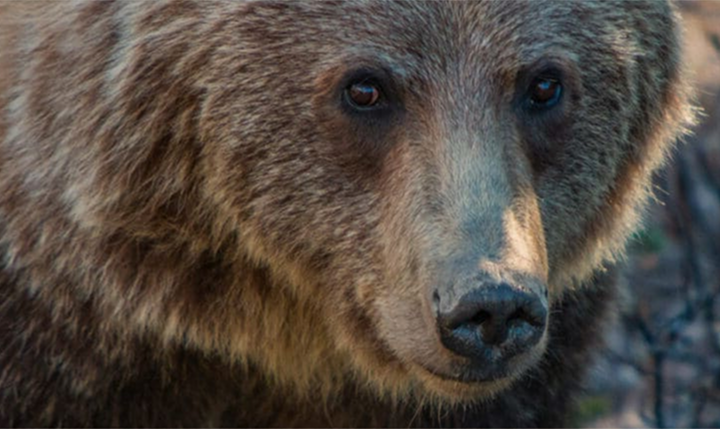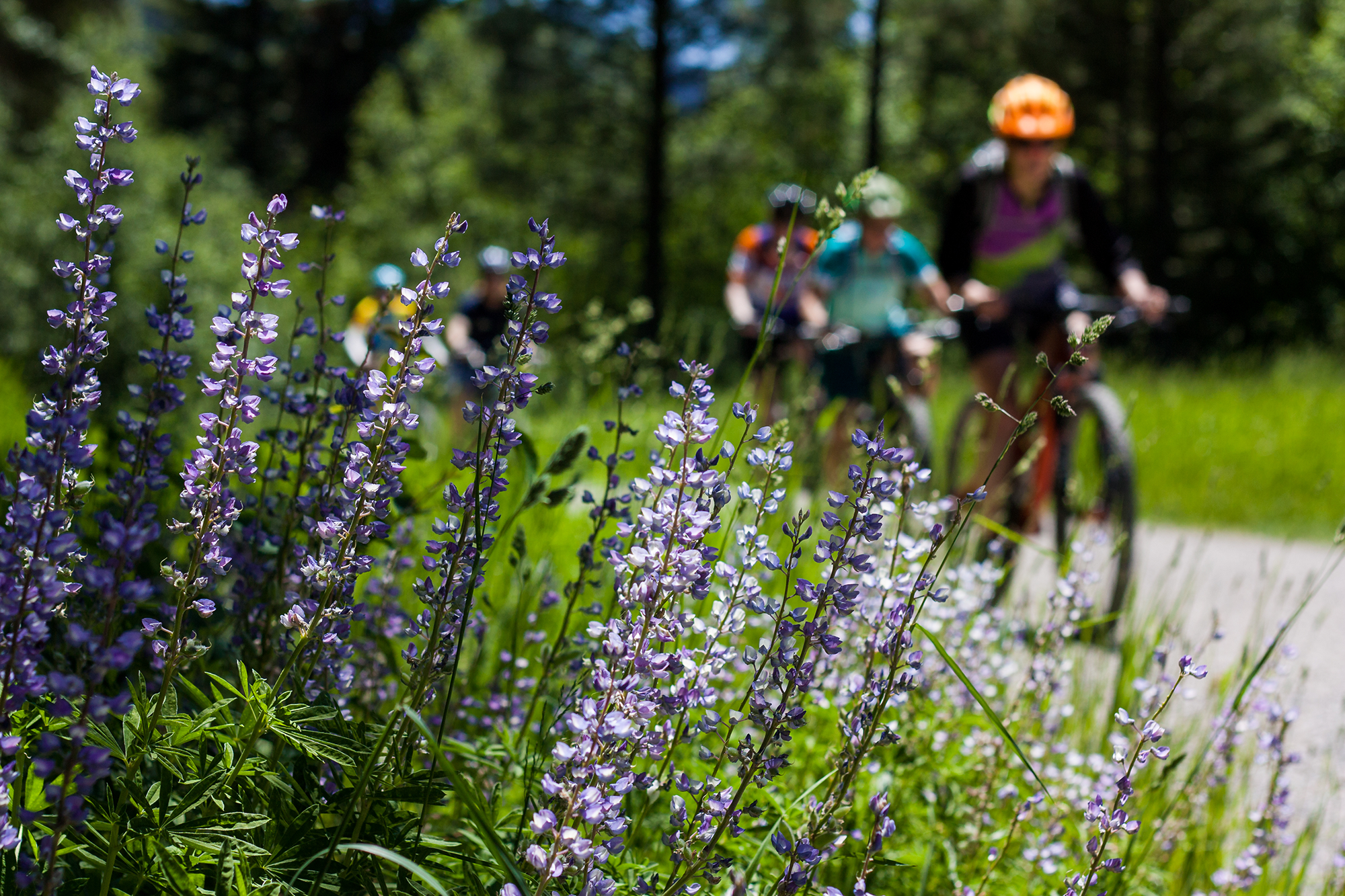Dire situation regarding biodiversity loss in B.C. leads to new coalition calling for change
A new province-wide coalition is calling on the government to re-establish the province as a world leader in fish, wildlife, and habitat management, including in the Yellowstone to Yukon region.
The Fish, Wildlife, and Habitat Coalition represents a diverse array of interests that all share common concerns about the decline of fish, wildlife, and habitat including environmental and conservation organizations, hunting and angling guides, wildlife viewing, ecotourism, naturalists, hunters, anglers, and trappers.
Together, the group is seeking a commitment from the province to invest in healthy landscapes, waters, and fish and wildlife stewardship, in partnership with First Nations and communities. The Fish, Wildlife, and Habitat Coalition recognizes and respects the constitutionally protected rights of Indigenous peoples and the collective commitment to advancing reconciliation.
This coalition includes partners from 25 organizations, representing a total of more than 273,000 British Columbians and more than 900 businesses across B.C. Their work will promote solutions guided by science and Traditional Ecological Knowledge for improved management of species and habitat in B.C. These will include:
- Creating legislation that protects fish, wildlife, and habitat;
- Integrating the needs of fish, wildlife, and habitat into new and existing
legislation; - Increasing funding and creating a new governance model for fish, wildlife, and habitat management.
“This coalition was formed in response to the growing concern over the province’s failure — over successive governments — to adequately deal with a mounting crisis of biodiversity loss and cumulative impacts on ecosystem health. I’m excited about the work we can do together to restore, over the long-term, the sustainability of fish and wildlife populations and habitat in British Columbia,” says Tim Burkhart, Y2Y’s B.C. program manager. Y2Y joined the coalition in fall 2020.
By championing solutions for conservation including management, restoration, and protection, the coalition aims to help B.C. strengthen its communities and economy. These outcomes will be based on healthy and resilient ecosystems and abundant fish and wildlife with self-sustaining populations.
“I am pleased to see so many groups come together for the benefit of fish, wildlife and habitat. They have been taken for granted for too many years. Abundant fish and wildlife should be the indicator of a healthy forest,” says Scott Ellis, Guide Outfitters Association of British Columbia.
“In a generation of people, B.C. has gone from being a global leader in fish, wildlife and habitat conservation, to a landscape which can be characterized as at risk, endangered and extirpated. Whether it’s salmon, steelhead, old-growth, moose, or caribou, B.C. has never been in such poor shape. The coalition represents a broad realization that we need to set aside what divides us and work together on what’s important: the conservation, restoration, and protection of fish, wildlife and habitat,” says Jesse Zeman of B.C. Wildlife Federation.
“When such a diverse group of organizations can come together and work collaboratively, you know the issue is important. For British Columbia to remain ‘super natural’, fish and wildlife must take priority and be recognized for what they are; essential for healthy, lasting ecosystems,” says Katherine MacRae, of the Commercial Bear Viewing Association.
Background:
British Columbia is known all over the world for its diverse landscapes and unparalleled biodiversity that once included plentiful populations of fish and wildlife.
However, a lack of investment in fish, wildlife, and habitat management, combined with the impacts of resource extraction and a growing human population has severely reduced the number of species and is jeopardizing the future of B.C.’s natural legacy.
Our mountains, rivers, lakes and forests are suffering from decades of mismanagement and unsustainable use.
Habitat degradation and loss have reduced our landscapes’ ability to produce and sustain abundant fish and wildlife as they once did. The abundance of fish and wildlife — creatures large and small; iconic and obscure; common and rare — that the province once had has dwindled to scarcity in less than a single person’s lifetime.
This is concerning for a wide range of people, including First Nations, butterfly enthusiasts, bird watchers, big game hunters, and wildlife viewers. We now have several red-listed species, record low salmon and moose populations, and declining mountain sheep and mule deer populations in parts of the province. This scarcity of fish and wildlife has increased social conflict and threatens food security and tourism-related jobs.
About the Fish, Wildlife and Habitat Coalition:
Partners from 25 organizations, representing a total of more than 273,000 British Columbians and more than 900 businesses across B.C. Fish, Wildlife and Habitat Coalition members include:
- Backcountry Hunters and Anglers British Columbia
- B.C. Federation of Fly Fishers
- B.C. Fishing Tourism Association
- B.C. Trappers Association
- B.C. Wildlife Federation
- Canadian Parks and Wilderness Society, B.C. Chapter
- Fraser Valley Angling Guides Association
- Fraser Valley Salmon Society
- Georgia Strait Alliance
- Commercial Bear Viewing Association of B.C.
- Coast to Cascades Grizzly Bear Initiative
- British Columbia Federation of Drift Fishers
- Ducks Unlimited Canada
- Guide Outfitters Association of British Columbia
- Outdoor Recreation Council of B.C.
- Hunters for BC, Safari Club International
- The Steelhead Society of B.C.
- Traditional Bowhunters British Columbia
- United Bowhunters
- Watershed Watch Salmon Society
- Wild Sheep Society of British Columbia
- Wilderness Tourism Association of B.C.
- Wildsight
- Wildlife Stewardship Council
- Yellowstone to Yukon Conservation Initiative


